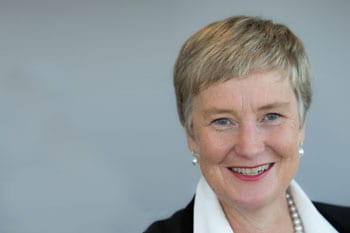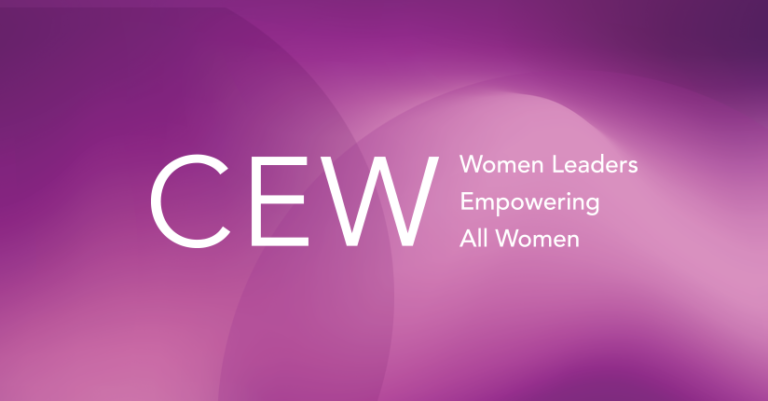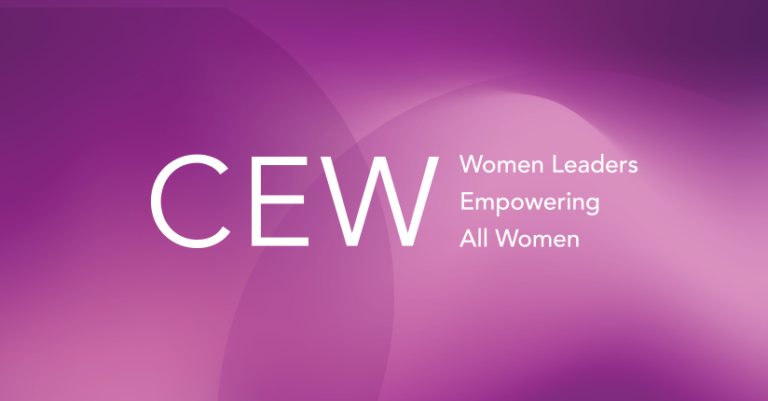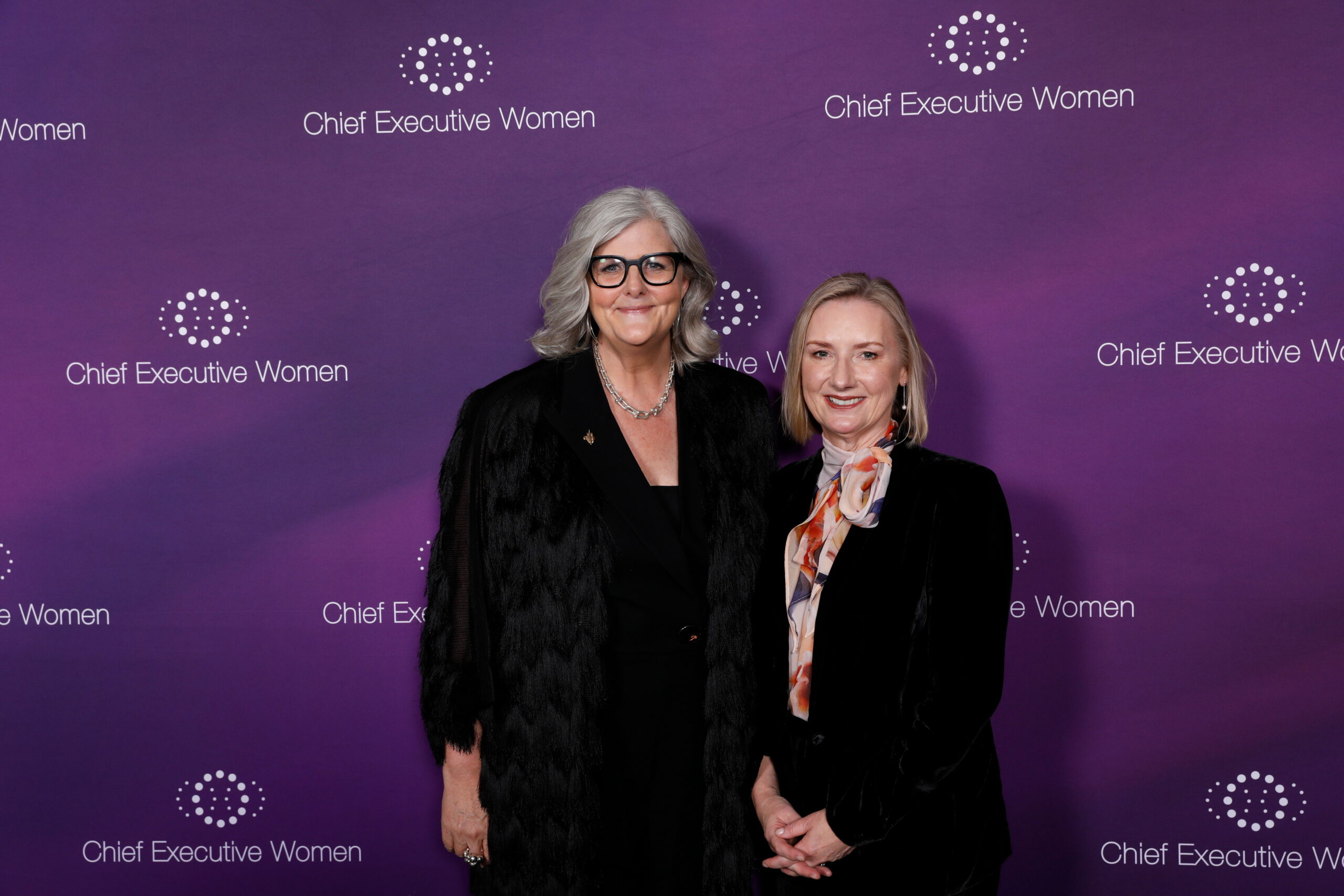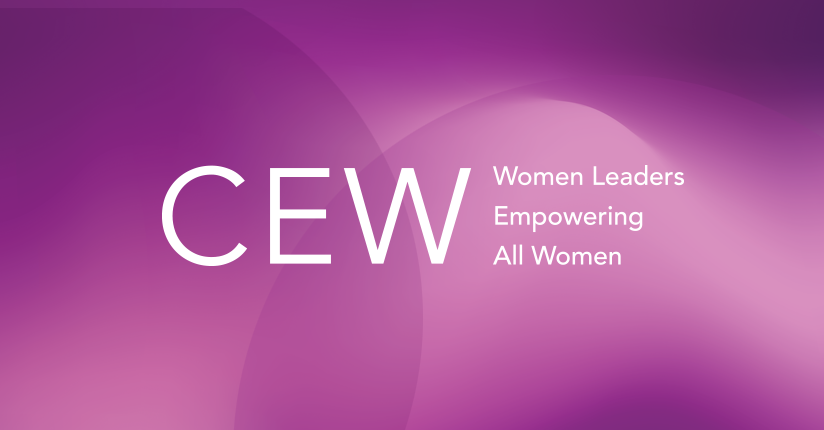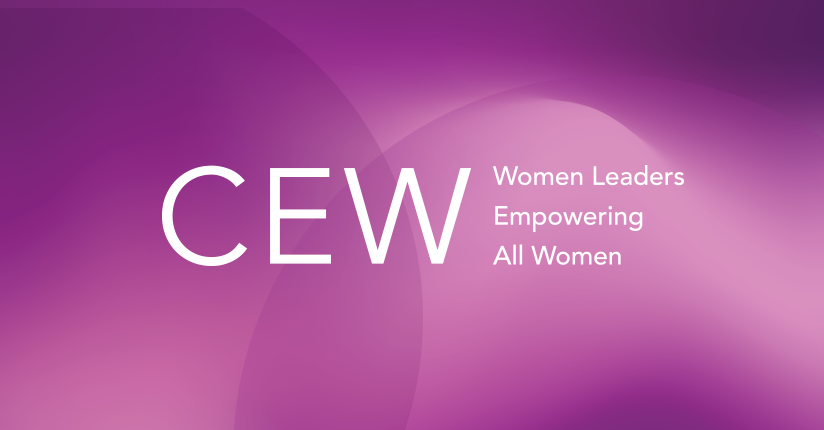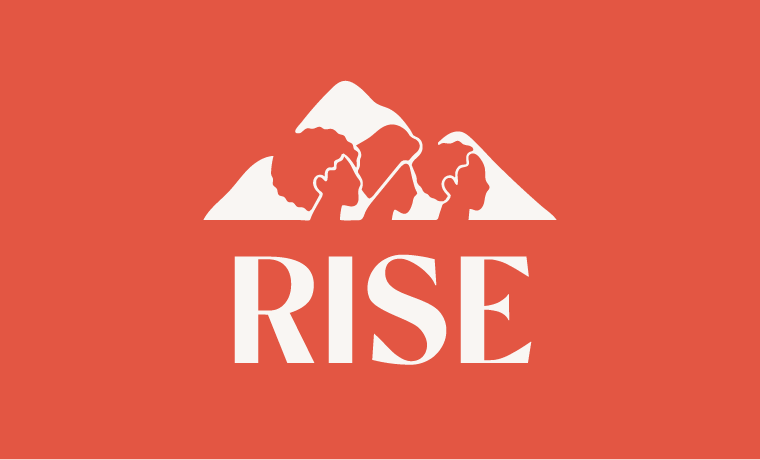Leaders of every organisation, whether it is corporate, not-for-profit, government or academic, ignore the health of its ethical culture at their peril.
In this world of instantaneous communication, a single lapse of judgment is rapidly posted to customers, staff, suppliers, shareholders and competitors who will not hesitate to give the news another boost around their networks.
Global banks have been forced to confront significant reputational challenges in the past five years. The global financial crisis arose out of poor risk management. Emails from Fabulous Fab, as the ex-Goldman Sachs trader was dubbed, about selling risk-laden mortgage securities are still popular on-line reading. Since then we have seen the LIBOR and foreign exchange trading rorts, with more compelling email reading that shows, at best, a lack of respect for the integrity of the markets in which traders make their living.
In Australia the failings of some financial advisers linked to large financial institutions have absorbed headline space for too many years now. Financial advice is a relatively small part of a bank’s portfolio, but it has sucked up a disproportionate amount of senior executive time as they manage the fallout.
A failure of ethical behaviour in an organisation may start as a loss of trust in some individuals but it rapidly escalates to a loss of trust in the organisation. And with that blow to its integrity comes serious damage to its brand and market reputation. The share price can be quick to follow. It is no coincidence that the major financial institutions are resetting their strategies to focus on the customer first, and re-tune corporate cultures to manage these risks.
What’s needed now in Australia is a focus on ethical leadership across the board, Setting a common ethical standard for an entire organisation is not easy and is not something that can be left to chance. We’d like to think it comes naturally, but the evidence of unethical behaviour tells a different story.
The issue is now of such importance that Chief Executive Women, the organisation of women leaders to which I belong, is funding a new scholarship partnering with the Centre for Ethical Leadership at Ormond College in Melbourne to attend the Vincent Fairfax Fellowship Program. The aim is to give executives a capacity to promote sound, ethical decision making across their organisation.
What is an appropriate and common standard for ethical behaviour? That is a fast-moving target, and one that’s clearly more than just compliance with the law. The market test is the more complex and imprecise one of community expectations. The response to recent Gallipoli marketing campaigns demonstrates this point starkly.
The court of public opinion moves in a very different way to our law courts. It is much faster to form opinions, and there is much less opportunity for rational and objective presentation of the arguments. It is very difficult, and costly, to appeal that community decision. Yet a perceived failure of ethical standards directly reflects on an institution’s perceived integrity and that threatens its financial base.
Setting a standard starts with good leadership and a proper framework. It can also start with the smell test.
As a young lawyer I designed a beautiful, complex loan and investment structure that had fantastic outcomes for all players. We went to see Murray Gleeson QC, as he then was, to have him run a ruler over it. I will never forget his words: “Yes I agree, but it does not smell right, does it?” It was the end of that structure and that approach to problem solving.
Years later I learned a useful rule-of-thumb from the former head of the Levi’s jeans business, which had only recently been exposed for using child sweat-shop labour. He’d clearly had good reason to think on the ethics of Levi’s culture. “Would I be comfortable walking through the factory with my young son on my shoulder explaining what I did at the office every day?”
The difficult decisions start with defining the threshold, which then must be communicated to all corners of the business, absorbed into daily practices and monitored. Ask yourself, how are failures to be dealt with? Is it enough to financially punish a wrongdoer? How should the executive on whose watch the failure occurred be dealt with, even if they did not participate? The next stage of ethical structure design will build in rewards conditional on contributing to good practices and achieving good outcomes. These need to counterbalance rewards for high financial performance.
Many big organisations here and overseas that have had their foundations shaken by loss of trust in their integrity are now promising to invest significantly in reform of their organisational culture.
It’s a sound investment and organisations should follow CEW’s lead by making ethical leadership training a priority.

BELINDA GIBSON
Belinda Gibson is the former Deputy Chair of the Australian Securities and Investments Commission and a member of Chief Executive Women.

